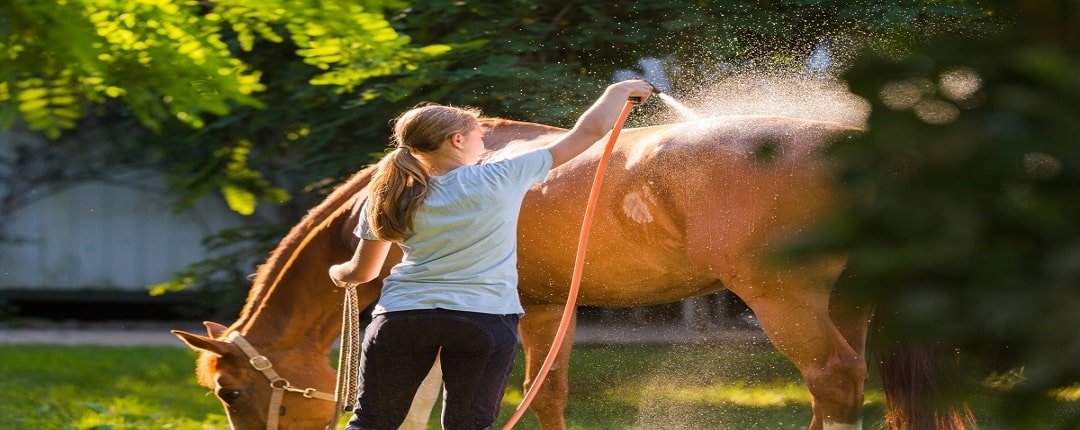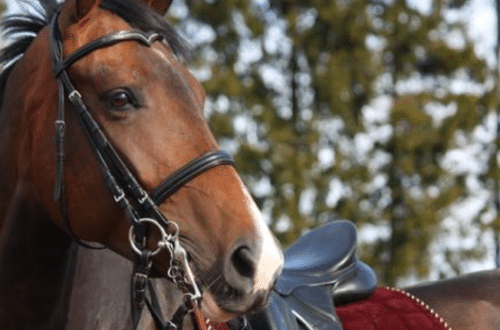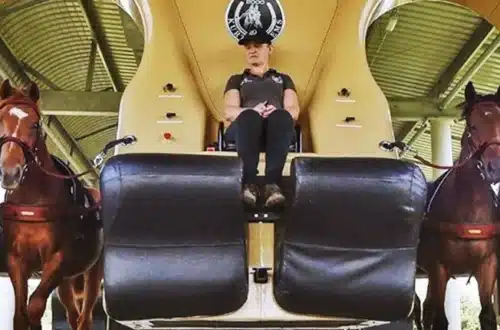Horses, with their majestic beauty and powerful presence, have captivated hearts for centuries. But owning a horse isn’t just about enjoying their grace; it’s a commitment to providing them with a life filled with love, care, and understanding. This comprehensive guide equips you with the knowledge and tools to become the best horse caretaker you can be, from their nutritional needs to building a strong bond. So saddle up and prepare to embark on a wondrous journey filled with whinnies, hoofbeats, and the unconditional love of these magnificent creatures.
Nourishing the Herd: Understanding Equine Nutrition
A horse’s well-being starts with proper nutrition. Choose a diet rich in the following:
- Forage: Hay is the cornerstone of a horse’s diet, providing essential fiber for digestive health. Choose good-quality hay appropriate for your horse’s age, activity level, and health.
- Concentrates: Grain and pellets provide additional energy, vitamins, and minerals. Consult your veterinarian for the right type and amount based on your horse’s needs.
- Water: Fresh, clean water is vital for hydration and digestion. Ensure constant access to clean water throughout the day.
- Salt and Minerals: Horses need salt and essential minerals like calcium and phosphorus. Provide salt licks and mineral supplements as needed.
Grooming for Glory: Keeping Your Horse Sparkling Clean
Grooming isn’t just about aesthetics; it’s essential for maintaining your horse’s coat, skin, and overall health. Here’s a basic routine:
- Brushing: Regular brushing removes dirt, loose hair, and parasites, promoting healthy hair growth and circulation.
- Hoof care: Clean and trim hooves regularly to prevent cracks, chips, and infections. Consult a farrier for professional care.
- Mane and tail care: Detangle and trim the mane and tail to prevent matting and maintain a neat appearance.
- Bathing (optional): Bathe your horse only when necessary, using gentle shampoos formulated for their skin.
Building a Sanctuary: Creating the Perfect Stable Environment
Your horse’s stable is their home, so ensure it’s a safe and comfortable haven. Consider these key factors:
- Shelter: The stable should provide protection from the elements and drafts. Proper ventilation is crucial for preventing respiratory issues.
- Bedding: Choose comfortable, absorbent bedding like straw or wood chips to provide warmth and cushion. Clean the bedding regularly to prevent ammonia buildup.
- Stalls: The stall should be spacious enough for your horse to move comfortably and lie down. Provide adequate space for food, water, and grooming.
- Exercise: Regular exercise is crucial for physical and mental health. Turnout in a pasture or riding sessions are essential for a happy horse.
Read more about: r-34.org

Read More About Feathered Friends: Your Guide to Bird Care for Happy and Healthy Flockmates
Bonding through Bits: Building a Strong Relationship with Your Horse
Horses are intelligent and social creatures who thrive on positive reinforcement and consistent training. Here are some tips for building a strong bond:
- Spend quality time: Groom, talk, and play with your horse to strengthen the connection.
- Respect and patience: Horses respond best to gentle handling and patient training sessions. Avoid harsh words or punishments.
- Positive reinforcement: Reward desired behaviors with treats, praise, and petting to reinforce good habits.
- Be consistent: Regular training sessions are crucial for building trust and understanding between you and your horse.
Recognizing the Signs: Common Horse Health Concerns
Observing your horse’s behavior is key to detecting potential health issues early. Here are some common signs to watch out for:
- Lethargy and loss of appetite: Could indicate illness, pain, or dehydration.
- Changes in droppings: Diarrhea, constipation, or blood can be signs of digestive issues or parasites.
- Difficulty breathing: Could indicate respiratory problems or allergies.
- Lameness or reluctance to move: Could be caused by pain, injury, or joint problems.
Beyond the Stable: Resources for Equestrian Enthusiasts
The journey of horse care is filled with opportunities for learning and growth. Explore these valuable resources to become a well-rounded equestrian:
- Veterinarians specializing in equine medicine: Consult a qualified equine vet for routine checkups, vaccinations, and treatment of any health concerns.
- Riding instructors and trainers: Seek guidance from experienced instructors to improve your riding skills and build a strong partnership with your horse.
- Horse clubs and associations: Join local or online communities to connect with other horse lovers, share experiences, and participate in events.
- Books and online resources: Stay updated on horse care advancements and find information on specific breeds or disciplines.
- Volunteer at horse rescues or sanctuaries: Give back to the equine community and learn from dedicated professionals.
Beyond the Basics: Specializing in Equine Care and Wellbeing
As your passion for horses deepens, you may want to delve into specialized areas of care or dedicate yourself to specific disciplines. Here are some exciting avenues to explore:
- Equine Nutrition and Diet Management: Become a certified equine nutritionist, helping other horse owners create personalized diet plans for their horses’ optimal health and performance.
- Equine Massage and Therapy: Learn techniques to relieve muscle tension, improve circulation, and promote relaxation in horses.
- Horse Dentistry: Specialize in caring for horses’ teeth, ensuring proper alignment and preventing dental problems.
- Natural Horsemanship: Embrace a gentler approach to training, fostering deeper communication and understanding between you and your horse.
- Competitive Riding: Dedicate yourself to a specific discipline like dressage, jumping, or endurance riding, pushing your skills and competing in events.
Read More About Dog Care: Your Ultimate Guide to Raising a Happy and Healthy Pup
Creating a Sustainable Horse Haven: Eco-Friendly Horsekeeping
Horse care isn’t just about the well-being of your equine friend; it’s also about minimizing your environmental impact. Consider these sustainable practices:
- Water conservation: Install water-saving devices in your stable and pasture, and use recycled water for non-potable tasks like washing down stalls.
- Waste management: Compost manure and bedding to create nutrient-rich soil for your garden.
- Natural pest control: Opt for natural alternatives like diatomaceous earth or essential oils to manage pests in your stable and pasture.
- Responsible sourcing: Choose hay, feed, and other supplies from sustainable sources and local farms whenever possible.
- Supporting eco-friendly products: Invest in reusable tack and equipment made from recycled materials.
Building a Community: Advocating for Equine Welfare
Horses are often misunderstood and mistreated. You can be a voice for their well-being by:
- Supporting animal welfare organizations: Donate to horse rescues, volunteer your time, and raise awareness about responsible horse ownership.
- Educating others: Share your knowledge of horse care with others, dispelling myths and promoting ethical treatment of horses.
- Advocating for legislation: Support laws that protect horses from abuse and neglect.
- Promoting responsible breeding: Choose rescues or breeders who prioritize ethical practices and horse welfare.
Read More About Cat Car Seat: Your Guide to Safe and Happy Feline Road Trips
Conclusion:
Owning a horse is a privilege, a responsibility, and a journey filled with immeasurable joy. By understanding their nutritional needs, providing a comfortable environment, building a strong bond, and prioritizing their well-being, you’ll become the best advocate and companion your equine friend could ask for. So, embrace the whinnies, the hay dust, and the endless love, and witness the magic unfold as you and your horse embark on a remarkable partnership. Happy trails!
FAQ Of Horse Care:
- What is the best horse breed for beginners? Choosing a breed depends on your experience, lifestyle, and desired activities. Consider breeds like Quarter Horses, Arabians, or Morgan horses known for their versatility and gentle temperament.
- How much exercise does a horse need? Horses need at least 2-3 hours of daily exercise, including turnout in a pasture or riding sessions. Adjust the amount based on your horse’s age, breed, and activity level.
- How often should I groom my horse? Daily grooming is ideal, but brush at least 3-4 times a week to remove dirt, prevent matting, and maintain a healthy coat.
- What are some common horse training mistakes? Avoid harsh punishments, inconsistent training, and expecting too much too soon. Focus on positive reinforcement, clear communication, and building trust with your horse.
- How can I prevent common horse health problems? Regular vaccinations, parasite control, proper nutrition, and early detection of health concerns are crucial for preventing illness and ensuring your horse’s well-being.
Read more about: cloudsports24







